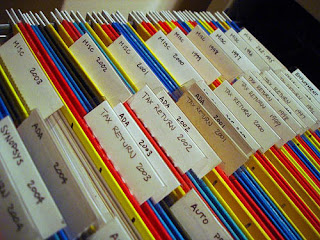As I was reading “Share or Die”, a compilation of different viewpoints
from different college graduates, one chapter stuck out to me entitled
“Unprepared: From Elite College to the Job Market”. In this chapter Sarah Idzik
shares her story of being deceived by her college education on how her future
work life would be.
To sum up her story, Sarah was the “perfect” student. She grew
up in a small town and breezed through high school with no problems, excelling
in her classes with all A’s. However, when she moved to the big city and got into
college, she felt as though everyone around her was a genius. She was
embarrassed when her colleagues would talk about things that she had never
heard of.
Eventually she started to pick up on things and adapted to college life by asking questions, reading carefully, etc. She felt that she was absorbing everything in and maturing more quickly than ever before. Unfortunately, she soon realized that the culture of learning is not always compatible with the culture of the job market. The skills she learned in college weren't the same skills she needed to survive in the real world.
To add on to her problems, Sarah did not have a sense of where she was going. Soon
after graduation she would have to scramble to fit her bills. She went from expecting
greatness to hoping for something that paid. She eventually found a small job
where she typed and printed travel documents for globetrotters. After securing
this job, she was terrified to leave it in hopes for a full time job. She had worked at the job for three years and had never
imagined that she would be doing this kind of work because, while in college, she had
wide hopes and dreams of what she could have been doing.
This story really makes a strong connection with what my
class is discussing. Why college? What
is it good for? And is it good enough? These are all questions that we have
been asked to answer in our own words. Above all Sarah’s story shows the
positives and negatives of college.
First off, Sarah feels as though her college education was an awakening in her learning experience. She learned things that she would've had a hard time learning on her own. I honestly believe that this is true for anyone who is enrolled in a college or university. While in college you learn skills that are hard for someone to obtain on their own. Beyond that, Sarah learned to dream big in college and to think outside of the box, in addition to problem solving and time management.
So, since I personally can't give my own experiences, I think Sarah Idzik's story paints a clear picture of what most college graduates can expect. The scary thing about it is that she graduated before our economic decline, so now it may be even worse for your average graduate.



